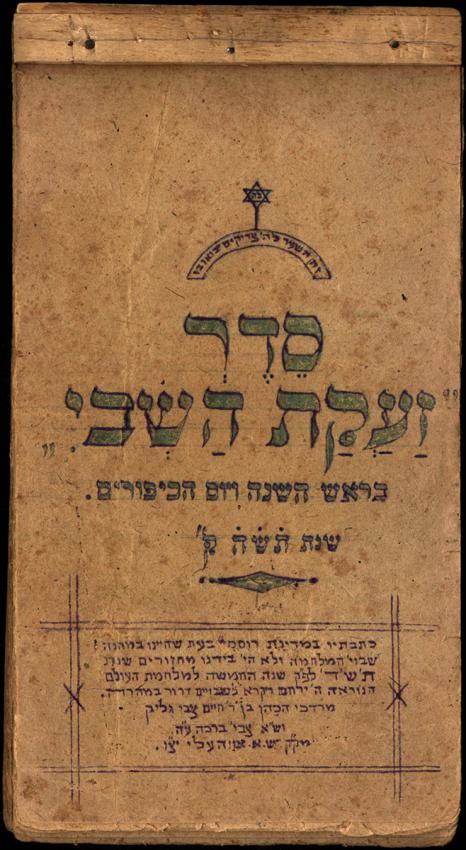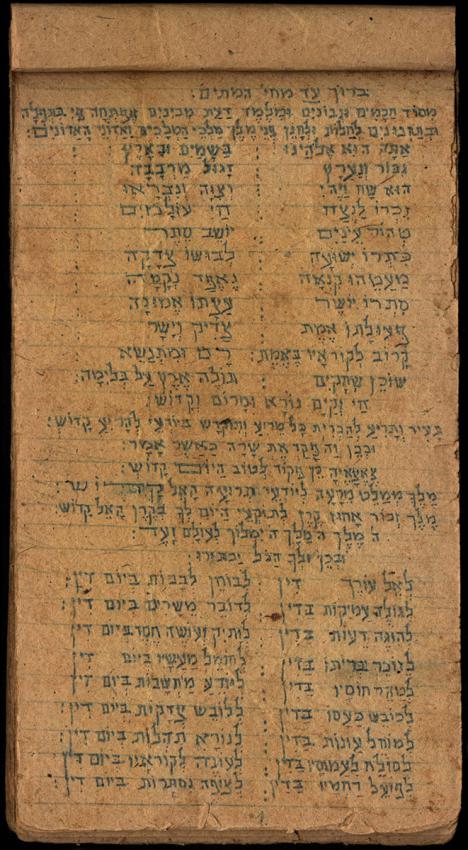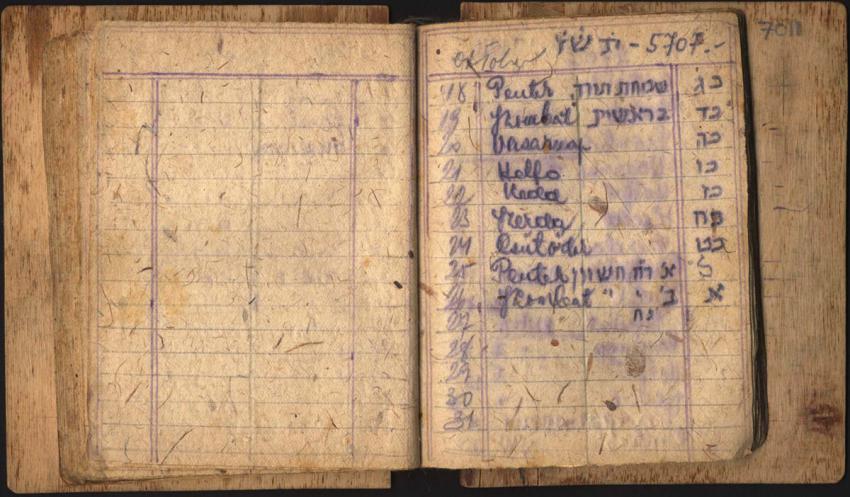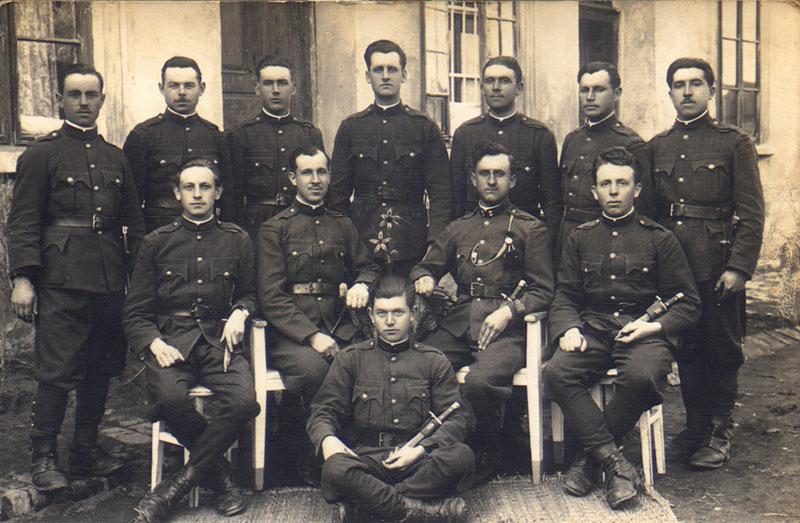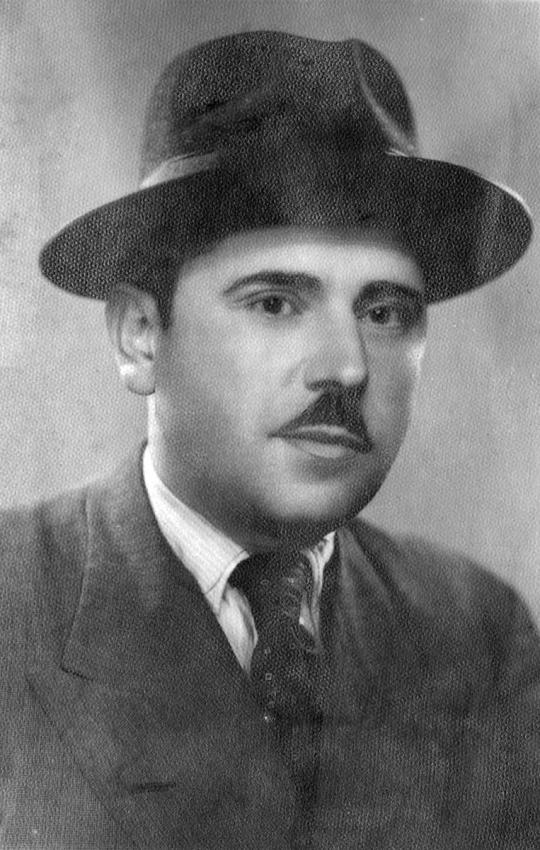In the summer of 1942, when he was 27 Shlomo Ullmann from Komárno, a city in Czechoslovakia that was annexed to Hungary, was drafted into the Hungarian labor battalions. The Fascist government in Hungary sent male Jews of military age to forced labor on the battlefront. They were forced to clear mines and dig anti-tank ditches in terrible conditions, at the same time suffering humiliation and degradation at the hands of their commanding officers.
In early 1943, many Jews took advantage of the pandemonium during a battle and escaped to Soviet held territory. In this way, they hoped to relieve themselves of the conditions of slavery they suffered under Hungarian command but they quickly discovered that they had jumped from the frying pan into the fire. The Soviet troops sent them to prison camps where they were imprisoned under appalling conditions together with German and Hungarian prisoners of war. They suffered not only from their captors but also from their fellow prisoners who continued to abuse them.
A few months after their capture, in the summer of 1943, a rumor spread among the prisoners that a train travelling to Siberia would stop nearby and anyone who managed to get to the train could escape the camp. Shlomo saw this as his last opportunity to survive so he crawled hundreds of meters to the station and managed to jump on board and travel to a camp with improved conditions where the prisoners received treatment and better food enabling them to recover some of their strength.
Shlomo, who had dreams of studying medicine, volunteered to work in the infirmary of the camp. He learned Russian and with time became indispensable, thus managing to receive better conditions for himself and his fellow prisoners.
In this camp he met Mordecai Glick and the two collaborated in creating a handwritten Machzor for the High Holy Days and a Jewish calendar. Together they remembered the prayers and Mordecai wrote them down on pages of Soviet propaganda printed on tobacco leaves that Shlomo took from the infirmary. They managed to make two copies of the prayer book, one for each of them.
At the end of the war, Shlomo discovered that he was so indispensable in the infirmary that the Soviet army was reluctant to release him, but in 1946 he managed to board a train travelling west , jump the train and make his way back to Komárno, now once again Czechoslovakia. On his return he met Rachel Schoenthal and the two married. A year later their daughter Vera was born and in 1948 the couple were able to come to Israel where two more daughters, Chana & Ruti were born.
Yad Vashem Artifacts Collection,
Gift of Rachel Ulmann and Chana (Ullmann ) Bechor, Kiryat Tivon
